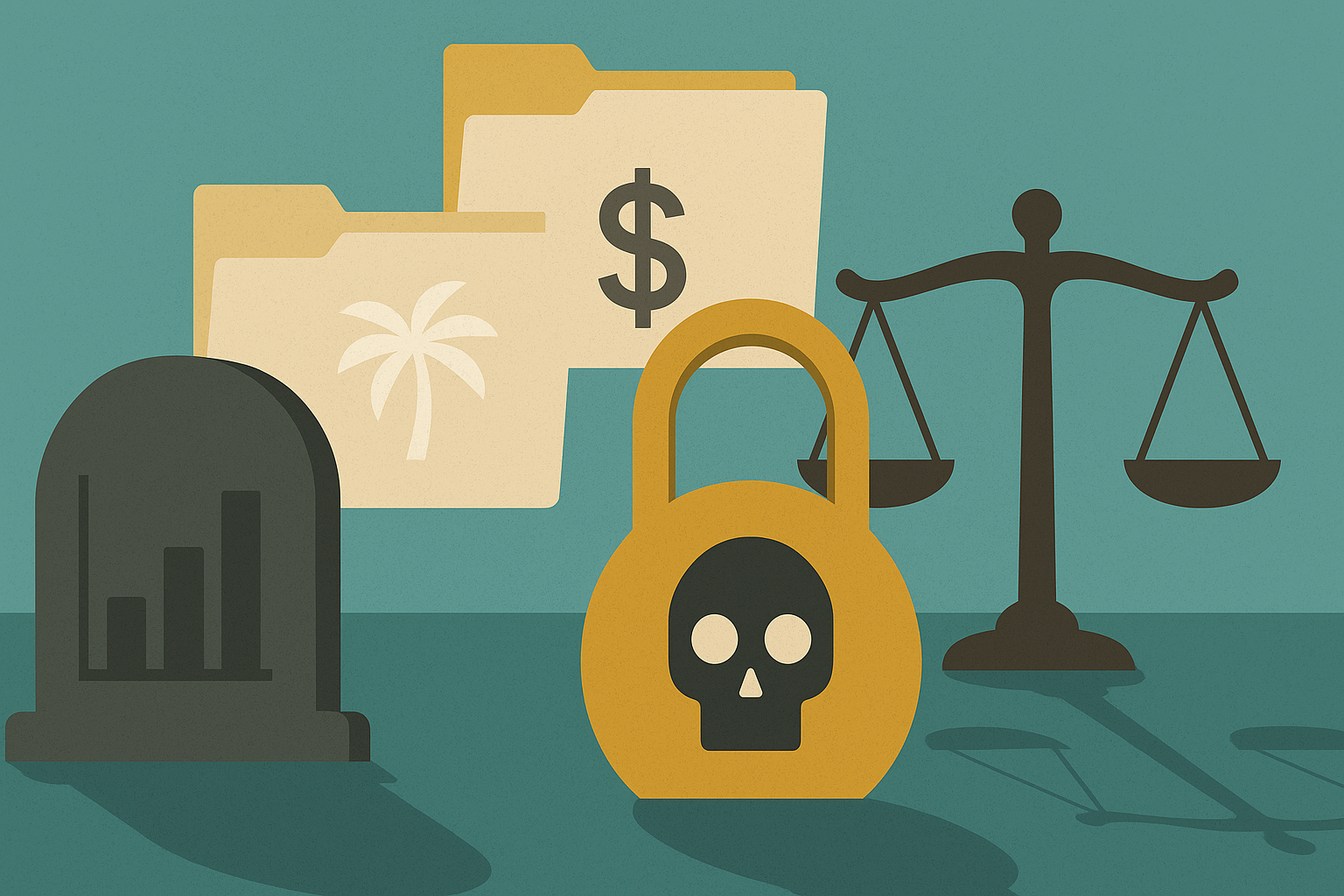Liechtenstein’s aggressive enforcement of Western sanctions on Russia is rippling across the global offshore wealth system, causing disruption in the British Virgin Islands (BVI), Bahamas, and Cayman Islands as hundreds of so-called “zombie trusts” are left stranded without legal or financial management.
From Sanctions to Paralysis
The Alpine principality — long a hub for international foundations and trusts — has seen mass resignations among fiduciaries and directors this year after its Financial Market Authority (FMA) advised firms to sever ties with potentially sanctioned Russian clients. The move followed U.S. Treasury warnings of secondary sanctions for anyone servicing blacklisted individuals or entities.
The result: hundreds of dormant or “orphaned” structures — trusts and foundations that hold billions of dollars in assets ranging from superyachts to offshore companies — now have no one authorised to manage them.
According to Liechtenstein’s government, there are 218 Russian-linked legal entities, of which 71 are “orphaned” due to the resignation of trustees and directors. However, lawyers familiar with the situation estimate the real number could be as high as 800.
Domino Effect Across Offshore Jurisdictions
The crisis is spreading beyond Liechtenstein because many of its trusts own subsidiaries registered in offshore jurisdictions. These entities depend on instructions from their Liechtenstein fiduciaries to handle daily operations — from paying employees and insurance premiums to making investment decisions.
“There is a domino effect due to the multilayer structure of these trusts,” said Johannes Gasser, partner at Gasser Partner, one of Liechtenstein’s largest law firms. “The mismanagement of these orphaned structures will have repercussions beyond Liechtenstein — it’s not only about getting paid, it’s also about being able to make decisions for the assets.”
In places like the BVI, entities that fail to pay annual registration fees risk being struck off, with their assets temporarily vesting in the local government — and by extension, under British jurisdiction — until reinstated through the courts.
One financial adviser working with affected companies in the BVI warned that the inability to act on behalf of these entities could lead to “a wave of unintended nationalisations” if they are struck off the registry.
Global Repercussions and Legal Deadlocks
Efforts to resolve the impasse have so far failed. Lawyers in Liechtenstein and the Caribbean report that attempts to legally transfer control or absorb orphaned assets have met significant legal and regulatory barriers.
A Liechtenstein-based lawyer said a counterpart in the Bahamas had recently raised concerns that if their Liechtenstein trust were liquidated, the Bahamian entity it controlled would be left “floating — because nobody can act for it.”
The crisis deepened after the Liechtenstein Bar Association in September instructed its members not to represent any clients listed by the U.S. government. The directive, designed to protect lawyers from secondary sanctions, has effectively deprived some Russian clients of legal representation altogether.
“Things are becoming tighter in Liechtenstein,” said one attorney. “This sweeping approach means we just can’t have any Russian clients anymore — even if they are not designated persons. This is becoming a global problem.”
A Test for Liechtenstein’s Financial Reputation
Liechtenstein officials insist the issue remains contained, but industry experts warn that the principality’s reputation as a reliable, neutral trust jurisdiction is now at risk.
The crisis underscores the vulnerabilities of multi-jurisdictional wealth structures, where political sanctions and regulatory shifts in one small European state can disrupt financial systems across continents.
As the Alpine nation works to untangle the complex web of orphaned trusts, offshore service providers are bracing for what could be a prolonged, high-stakes clean-up of the global wealth network built around Liechtenstein’s once-booming trust industry.








